Still Walking
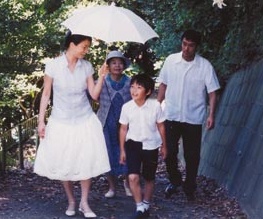
In an age of CGI explosions, 3D creatures and Robert Pattinson’s pointy face, it’s easy to forget that sometimes cinematic genius comes from what you don’t see, rather than what you do. With Still Walking Japanese director Hirokazu Koreeda has created a moving, many-layered and beautiful story of family relationships whilst never forgetting that it’s often the words we don’t say that are the most important of all.
Family Values
An ageing doctor sits with his wife, anticipating a visit from his grown-up son and daughter. Their son Ryo (Hiroshi Abe) arrives with his previously-widowed wife and her son in tow and it soon becomes clear that his father disapproves of the choice in marriage, seeing a widowed woman as somehow second best. This is not, however, the only weight hanging over the family. They have come together to commemorate the 15th anniversary of their first son’s death and it soon transpires that, in death, he became the favourite child. Also invited is the man their first son died to save, a boy who has grown up to be thuggish and and unpleasant, and the bitterness that he was the one to survive permeates every moment of their meeting. Their daughter and jovial husband arrive determined to convince the doctor and his wife to move in with them, and together, the family embark on their evening’s celebration.
Silence is Golden
The real brilliance of this film comes in its absolutely wonderful realisation of typical family relationships. Though the film uses the rigid traditions of Japanese family ritual in order to highlight how paralysed communication can be with those we love, anyone watching cannot help but see parallels with their own lives. Like so many family events, the conversation hardly ever strays from the everyday – the meal, the decorations, the weather – and yet every word, every silence and every look drips with things left unsaid and deeply-rooted issues left unresolved. Wonderful characterisation across the board means that every member of the family has a different method of dealing with years of unaired bitterness, and thus the father’s muttered insults are often nowhere near as poisonous as his wife’s seemingly flippant asides.
The truly great thing about Still Walking‘s premise is that had this film been made in America or the UK, any slow-burn family issues would inevitably be brought to the surface shouting and screaming, with revolutions being uncovered and finally resolution being enforced by teary hugs. Director Hirokazu Koreeda is far too clever to let that happen, knowing as well as we do that the complex bonds of family love make us stay silent just as often as they force us to speak out.
Still Walking is quite simply a masterclass in creating subtle, hauntingly moving family drama, and anyone watching it will have a hard time forgetting the moving relationships it presents us with. It’s rare to come across such a low-key minature masterpiece and is a very welcome reminder of the understated wonder that good cinema can create.

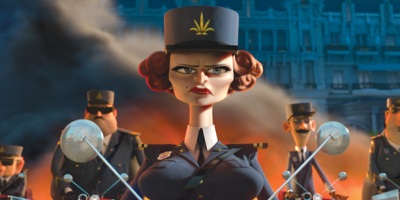
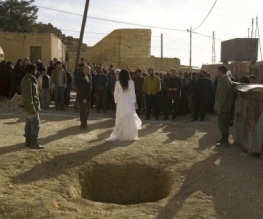
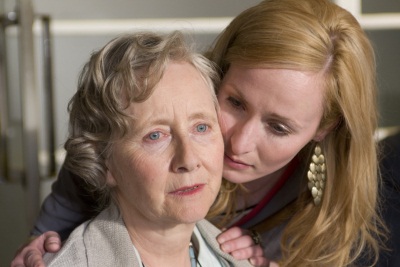
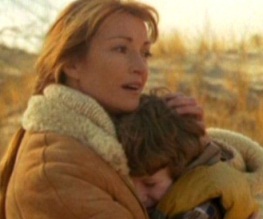
Recent Comments